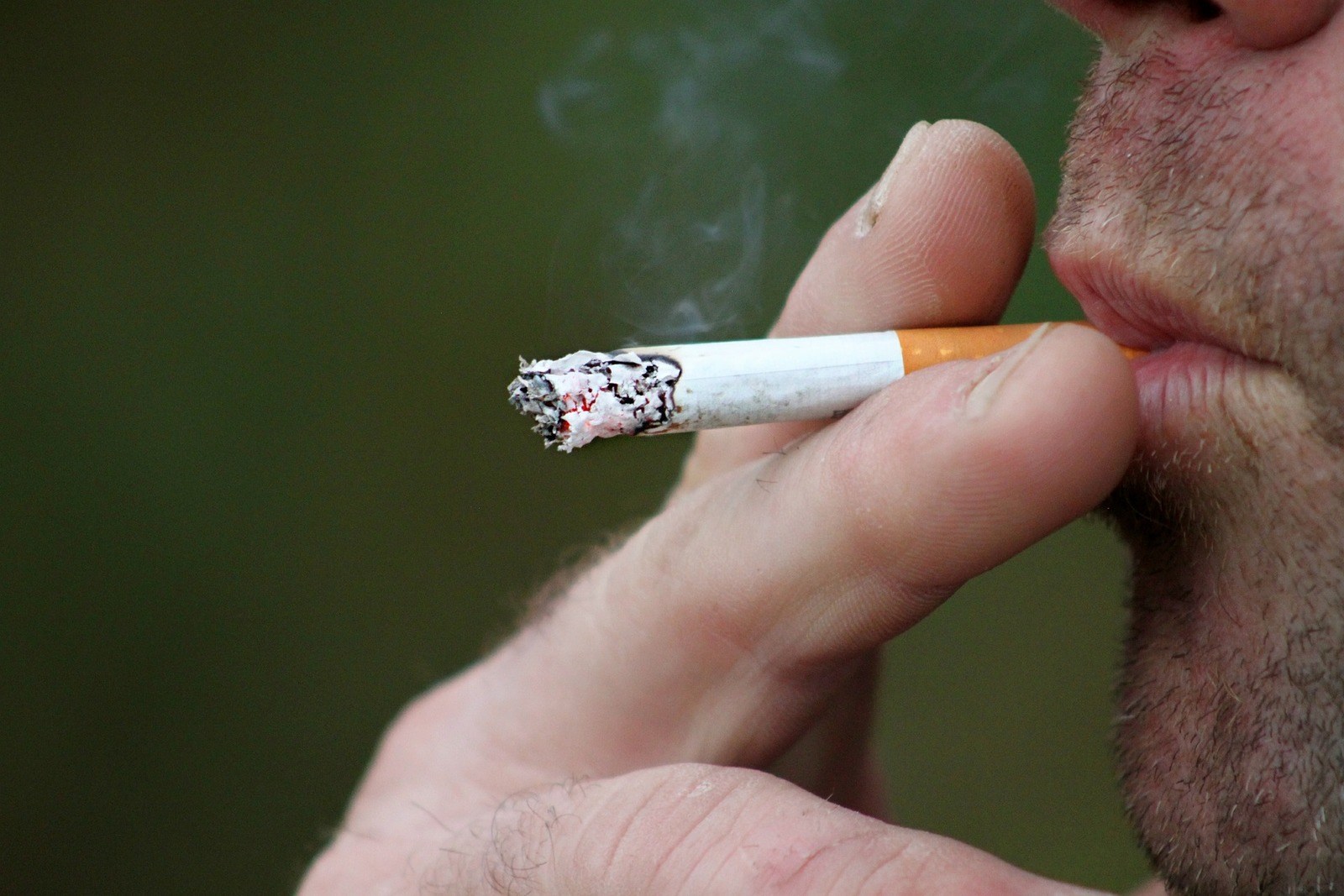
Why smokers are at risk even if air pollution levels are low
Find out the reasons why smokers are at risk, even if air pollution levels are low.
Smoking is bad for your health, no matter how you look at it. A recent study, published in the American Journal of Respiratory and Critical Care Medicine, suggests that air pollution levels classified as “good” by the United States Environmental Protection Agency (EPA) can still be dangerous to the lungs of cigarette smokers, who are already exposed to copious volumes of cigarette smoke.
Follow our recent blog on
Air filters are a commonly recommended solution for protecting homes, work environments, retail stores and buildings in areas suffering from high air pollution levels, especially for people who face a greater health risk when exposed to air pollution including pregnant women, young children, the elderly, and those with pre-existing respiratory issues. Because the cells in the lungs of smokers are less capable of protecting the lungs from air pollution, it’s important for these people to maintain great indoor air quality inside their homes or buildings.
According to Dr. Crystal, lung diseases caused by environmental factors, whether it’s tobacco smoking or air pollution exposure, typically begin at the smallest airways of the lungs. It helps to imagine the lungs like an upside-down tree, with the trachea as the trunk and the outermost branches as the small airways.
Dr. Crystal’s team believe that cigarette smoke may be changing the chemistry of the cells, known as epithelial cells that line these airways. When healthy, epithelial cells defend the lungs against foreign matter by secreting mucus, which expels particles out of the airways as phlegm or sputum.
Although the smallest of these airways are no more than two millimeters thick, they are still susceptible to airborne pollutants like particulate matter (PM), which is produced by the burning of tobacco.
For these reasons and more, tobacco smoking has been banned in public areas around the world. In indoor areas where smoking is allowed, such as airport lounges, hotel rooms, and select commercial establishments, HEPA and molecular filtration systems are often used to remove particulate matter and gaseous contaminants produced by burning tobacco to ensure the safety and comfort of non-smokers in the same room or building.
Ultimately, the best way to eliminate the dangers of smoking to you and your loved ones is to quit altogether. But in instances where this is impractical, HEPA or molecular air filters whether installed in existing HVAC systems or in a stand-alone air purifier can protect other people in your household from secondhand smoke.
Visit Camfil USA Santa Clara, CA branch here.